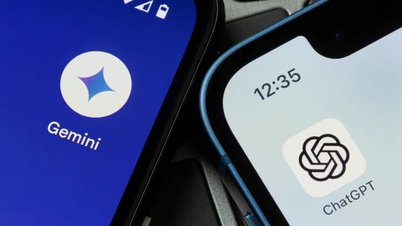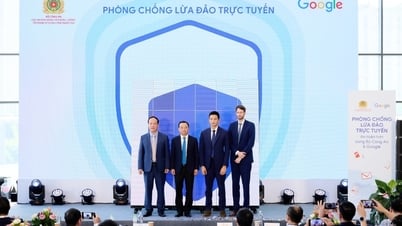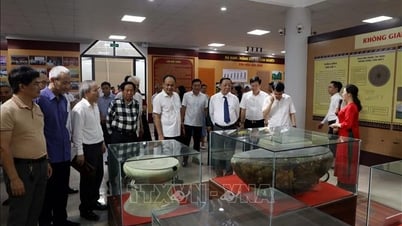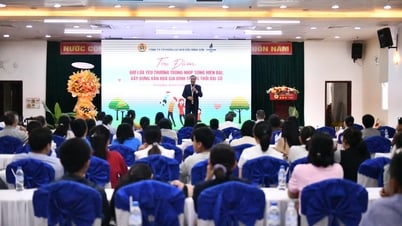
Backed by billionaire Jeff Bezos, Shopify CEO Tobias Lutke and other investors, Perplexity is designed to surpass all existing tools on the market, including giant Google, in search quality.
With just under 40 employees, San Francisco-based Perplexity has raised $73.6 million in a new round of funding. Perplexity is valued at $520 million in its second round of funding, according to the Wall Street Journal, and is considered a highly promising startup.
While this isn't a huge investment in the startup world , the growth is impressive considering Perplexity has only been around since August 2022, with a revenue of $3 million/year.
Perplexity was founded by Aravind Srinivas, Denis Yarats, Johnny Ho, and Andy Konwinski — engineers with backgrounds in AI, distributed systems, search engines, and databases. Srinivas, Perplexity's CEO, previously worked at OpenAI , where he worked on language models and generative artificial intelligence (AI).
Unlike traditional search engines, Perplexity has a chatbot-like interface that allows for searches using plain language. Once a request is submitted to the platform, the AI responds with a summary containing source citations (mostly websites and articles), where users can ask follow-up questions to dig deeper into a particular topic.
Perplexity's platform is a collection of generative AI models developed in-house and provided by third parties. Perplexity Pro subscribers ($20/month) can choose from a variety of models, including Google's Gemini, Mistra 7Bl, Anthropic's Claude 2.1, and OpenAI's GPT-4.
Users also have the right to unlock features such as image generation; unlimited use of Perplexity's Copilot based on personal preferences during searches; file upload, which allows users to upload documents including images, asking AI models to analyze the documents to get specific answers about them.
Perplexity offers more robust search filtering and discovery options than most tools available today, such as allowing users to limit their searches to academic articles or browse trending search topics submitted by other users on the platform.
Perplexity, in particular, has ambitions to go beyond simple search. The company is starting to develop its own generative AI models that leverage search history on the platform and public web resources to improve performance through an API for customers.
“The era of SEO spam filtering, sponsored links, and multiple sources will be replaced by a more efficient model of knowledge collection and sharing, propelling society into a new era of accelerated learning and research,” said Perplexity CEO Aravind Srinivas.
Simply put, Perplexity is actively building a search product with the potential to give billions of people access to the power of AI.
According to its data, Perplexity currently has around 10 million monthly active users.
(according to Techcrunch)

Revealing the features of Google's paid virtual assistant service Bard Advanced

Russia and China successfully test quantum communication via satellite

Exoskeleton helps restore mobility to disabled people

Samsung workers worldwide face mass layoffs

SpaceX determined to set historical record in 2024
Source











































































































Comment (0)